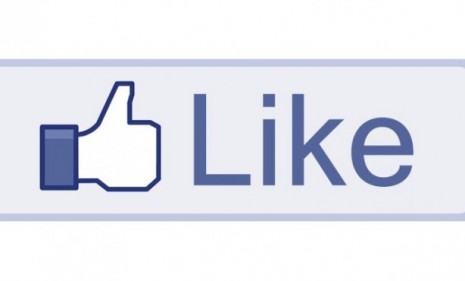The dangers of Facebook's 'like' button
The internet was supposed to set us free, says Neil Strauss at The Wall Street Journal, but "like" culture has made it a prison of conformity

A free daily email with the biggest news stories of the day – and the best features from TheWeek.com
You are now subscribed
Your newsletter sign-up was successful
Before Facebook, Twitter, and the new Google+ social network, says Neil Strauss at The Wall Street Journal, there was "a commonly held idea in some parts of the world that people were entitled to their own points of view." But "like" buttons and retweets and "+1" icons have changed all that. Now, instead of treating the internet as a source of liberation — "a floating world ruled by passion, creativity, innovation and freedom of information" — we're using it to seek approval, and to make ourselves feel that we belong. If the kitten video that's making the rounds doesn't have enough "likes," we don't bother clicking. If our Facebook pictures and blog posts fail to win "likes," our self-esteem goes out the window. That's why it's time for all of us to rebel, and stop the madness of "'like' culture." Here, an excerpt:
Just as stand-up comedians are trained to be funny by observing which of their lines and expressions are greeted with laughter, so too are our thoughts online molded to conform to popular opinion by these buttons. A status update that is met with no likes (or a clever tweet that isn't retweeted) becomes the equivalent of a joke met with silence. It must be rethought and rewritten. And so we don't show our true selves online, but a mask designed to conform to the opinions of those around us. ...
So let's rise up against the tyranny of the "like" button. Share what makes you different from everyone else, not what makes you exactly the same. Write about what's important to you, not what you think everyone else wants to hear. Form your own opinions of something you're reading, rather than looking at the feedback for cues about what to think.
The Week
Escape your echo chamber. Get the facts behind the news, plus analysis from multiple perspectives.

Sign up for The Week's Free Newsletters
From our morning news briefing to a weekly Good News Newsletter, get the best of The Week delivered directly to your inbox.
From our morning news briefing to a weekly Good News Newsletter, get the best of The Week delivered directly to your inbox.
Read the entire article at The Wall Street Journal.
A free daily email with the biggest news stories of the day – and the best features from TheWeek.com